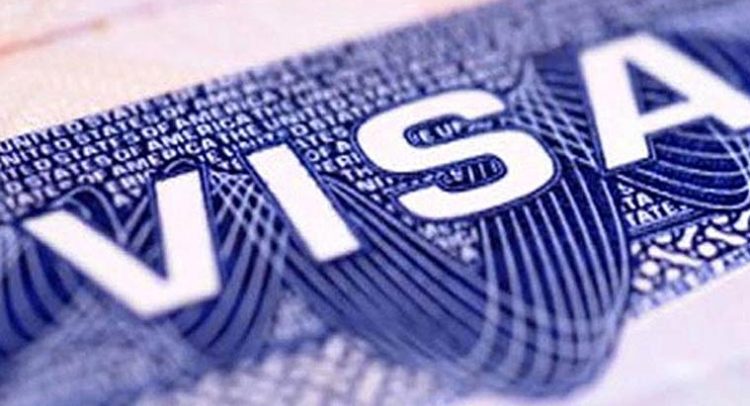Here is a good news for the visitors who want to get to the United States as the country’s administration has granted waivers to just 6 percent of visa applicants, accountable to its travel ban on a handful of countries during the first 11 months of the ban.
The officials of Trump administration have taken the waiver process i.e. embedded in the travel ban as it was not animosity toward Muslims, as critics have charged earlier, rather, is intended to protect the country.
The Supreme Court also supported the waiver program and announced the government’s claims that the ban served “a legitimate national security interest.” This came up as a revised version in the month of June last year, after legal challenges defeated earlier iterations of the ban.
However according to the new data, during the first 11 months of the ban’s full implementation, only 6 percent of people subject to the travel ban were granted waivers ultimately.
Approximately 38,000 applications for non-immigrant and immigrant visas filed by people, between Dec. 8, 2017 and Oct. 31, 2018 and they are subject to the travel ban who otherwise qualified for the visas and needed waivers to get them. The administration decided that just 6% i.e. 2,216 applicants, met the criteria for a waiver ; out of which 670 were expected to received their visas.
The citizens of Iran, Libya, North Korea, Somalia, Syria and Yemen, as well as some Venezuelan officials and their relatives, came under this travel ban. They were refrained from obtaining a broad range of U.S. immigrant and non-immigrant visas. Previously, Chad was also included to the list, but was removed in April 2018.
However this ban’s restrictions are not same for all the countries it covered. Like for instance, Somalis can receive short-term visas and Iranians are granted student visas, while North Koreans are denied of all types of visas.
But critics of this waiver program say the process is not so very clear rather it is full of secrecy and little information given to applicants about how they can qualify or apply for one. Two federal lawsuits have been filed against the waiver process, to revive its fairness.
The official benchmark for a waiver is a three-phased assessment whether denying entry to an applicant would cause “undue hardship,” whether the entry of the person would not cause any harm to the United States, and if entry would be of national interest.
Nonetheless this travel ban of U.S. causes tremendous hardships for people.

